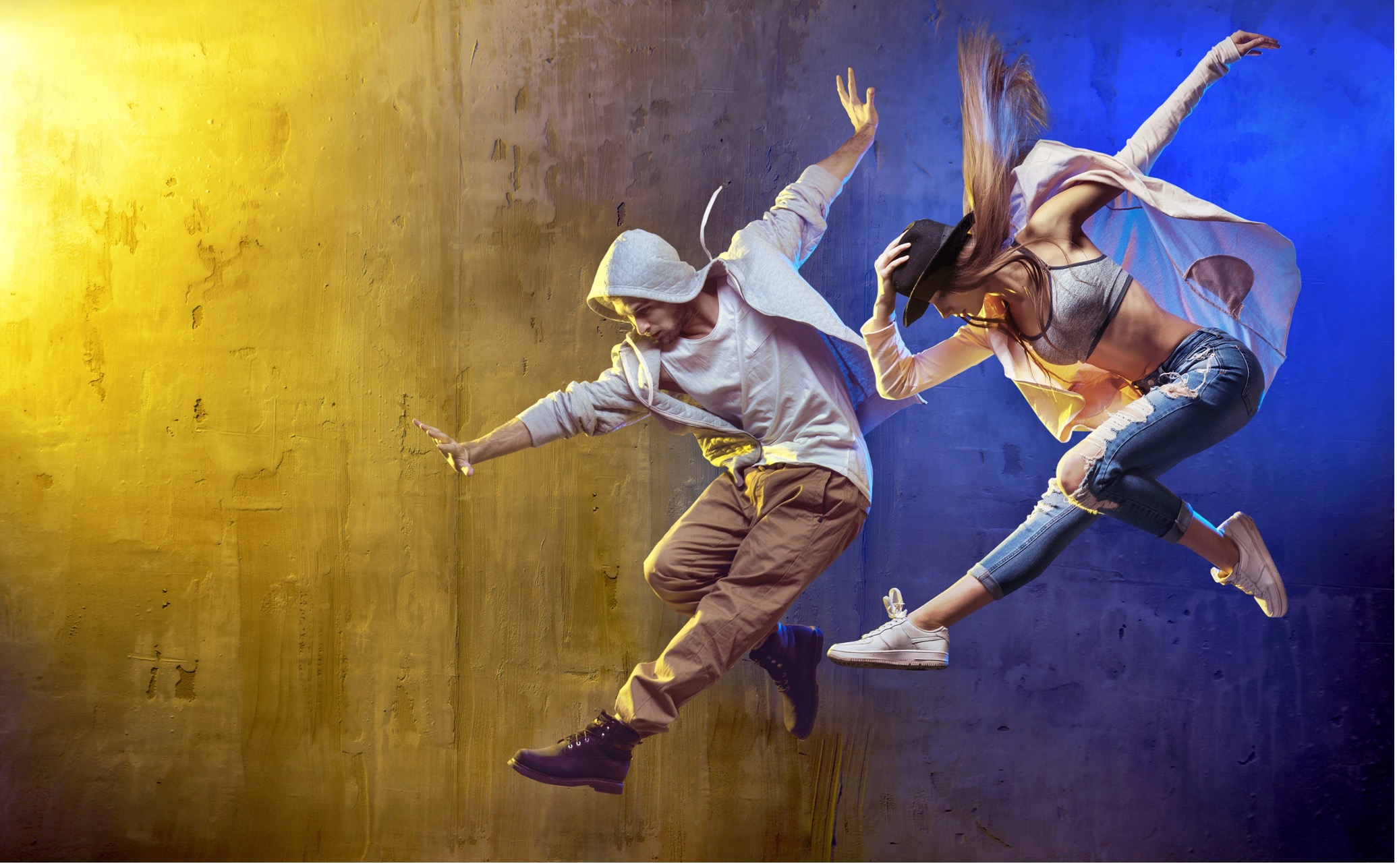Quick Hits
Daily brief research updates from the cognitive sciences

Some people criticise arts education, thinking that it is more play and has no clear life function. Normally a certain type of conservative. This is short minded; we know that arts can contribute to many cognitive functions and development of many skills. However, this piece of research adds another piece of solid evidence to the benefits of arts.
This study by Jessica Bone et al. of University College London used data from 25’000 teenagers in the USA and matched this to data on anti-social and criminal behaviour. They found that those who engaged in arts (using a broad definition of cultural and social activities), had higher self-control, viewed antisocial behaviour more negatively, and were much less likely to engage in criminal activity.
The obvious caveat of this study is that it is correlational and so they cannot show whether this causes lower anti-social behaviour or is it that those with better behaviour are more likely to engage in these activities. From what I know it is likely a mix of the both.

Andy Habermacher
Andy is author of leading brains Review, Neuroleadership, and multiple other books. He has been intensively involved in writing and research into neuroleadership and is considered one of Europe’s leading experts. He is also a well-known public speaker speaking on the brain and human behaviour.
Andy is also a masters athlete (middle distance running) and competes regularly at international competitions (and holds a few national records in his age category).
Reference
Jessica K. Bone, Feifei Bu, Meg E. Fluharty, Elise Paul, Jill K. Sonke, Daisy Fancourt.
Arts and Cultural Engagement, Reportedly Antisocial or Criminalized Behaviors, and Potential Mediators in Two Longitudinal Cohorts of Adolescents.
Journal of Youth and Adolescence, 2022
DOI: 10.1007/s10964-022-01591-8
More Quick Hits
Babies born with five from seven functional brain networks
In the 1950s the blank slate theory was the most prominent theory ascribed to babies. They are born blank slates and then their experiences allow them to develop their networks thoughts, associations, etc., and just about everything else. Though this theory is long...
Your brain on near-death experiences
Near-death experiences have fascinated many people ever since they have been reported. And these experiences guide our view of how we die: the memories of your life passing in front of your eyes, the tunnel of light, the floating movement towards a bright light....
Social networks grow your brain
The headline is a bit “click baity” but it is what a group of researchers found. To be more specific they found in macaques (cute monkeys) in the wild that having more grooming partners grew different regions of the brain. Grooming is the primate version of having a...
What do creative brains look like?
We’d probably all be happy to be a bit more creative — though research into our own opinions show that many people do actually consider themselves to be above average in creativity. An obvious self-bias. This is where scientists who study creativity come in and find...
New gender biases discovered
There have been many studies on gender biases, and I have followed, written, and spoken about many of these biases over the years (over a decade actually) but two studies have just come out that caught my eye. One out of New York University focused on gender natural...
Growth of your brain over your life
So, we all know that our brain grows very quickly as babies and children and then after a certain age, younger than some of us may like to think, there begins a slow decline. But precisely what and how is the question. Well, this is a question that an international...






